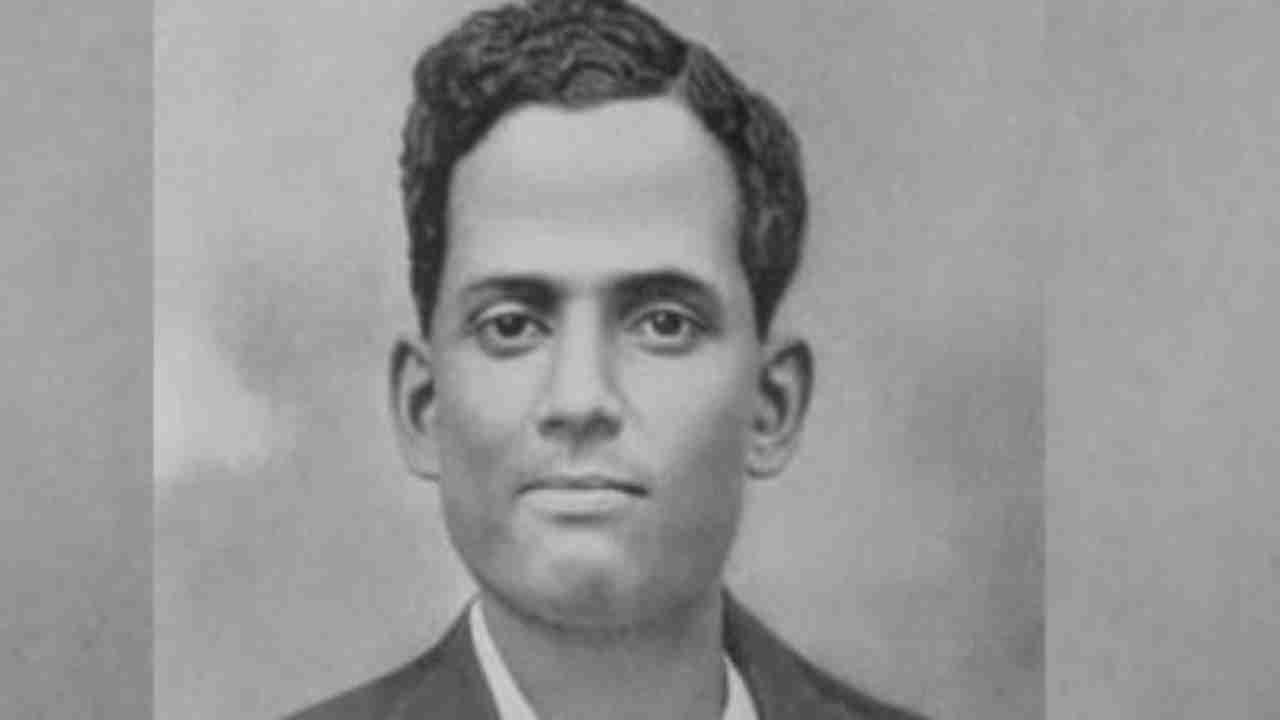Jatindra Nath Das, also known as Jatin Das, was a Bharatiya freedom fighter and revolutionary. He breathed his last in Lahore jail after fasting for 63 days on this day, September 13, in the year 1929, aged 24 years.
Born in a Bengali family in 1904 at Calcutta, Jatindra Das joined the Anushilan Samiti, a revolutionary outfit in Bengal, at a young age. He also participated in Gandhi’s Non-Cooperation movement in 1921.
While pursuing BA at Vidyasagar College in Calcutta, in November 1925, he was arrested for political activities and was jailed at the Mymensingh Central Jail, where he resorted to a hunger strike to protest against the ill-treatment meted out to political prisoners. After fasting for twenty days, the Jail Superintendent apologised and he gave up the fast.
On June 14, 1929, he was arrested for revolutionary activities and was imprisoned in Lahore jail along with Bhagat Singh and others to be tried under the supplementary Lahore Conspiracy Case.
The memorable hunger strike started on 15 June 1929 and lasted 63 days. The jail authority took many measures to forcibly feed Jatin Das and the other freedom fighters, beat them, and did not even provide them with drinking water. However, Jatindra did not eat.
The jail committee recommended his unconditional release, but the government rejected the suggestion and offered to release him on bail. Meanwhile, Bhagat Singh continued his hunger strike for a long, and when he suspended his hunger strike, it was the 116th day since 15 June 1929.
Jatin died on September 13, 1929, after his unbroken hunger strike for 63 days. There was a widespread protest in the country following Das’s death. Two Indian members of the Punjab Legislative Assembly resigned and Motilal Nehru moved an adjournment motion in the Central Legislative Assembly. The motion was passed by 55 votes against 47.
Subhas Chandra Bose remarked that Das was the ‘young Dadhichee’ of the country comparing Das to the ancient Indian sage Dadhichee who gives up his life for a noble cause.
















